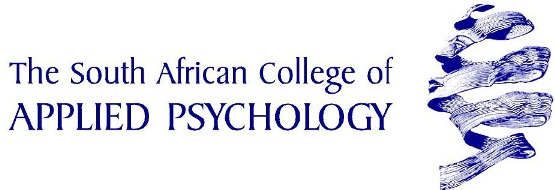Module Purpose:
This module provides a foundational introduction o abnormal psychology and to contemporary issues in mental health care. The student develops an understanding of psychological assessment and learns how to identify and appropriately refer people who present with a mental health issue. Te broad spectrum of health issues are treated ranging from anxiety, mood and personality disorders, schizophrenia, eating disorders, substance misuse and legal and community issues in the treatment of mental health problems. The ethical, legal and social rights and obligations of people with mental health issues are explored and discussed.
Module Content:
This module presents the student with a comprehensive introduction to mental health and provides the knowledge and skills for identifying mental health issues. Students explore the meaning and nature of mental health, develop competency to assess the incidence f mental health problems in any given community, discuss current issues in mental health and identify the key features and behaviour of those with common types of mental health problems. Emphasis within this module is to develop understanding and sensitivity to mental health issues and confidently and appropriately refer a client with a mental health problem.
- Definitions, concepts and terminology: mental health, normal and abnormal behaviour, common mental health problems and their incidence across cultures, social deviance and mental illness, socio-cultural norms and values, prognosis and socio-cultural factors in recovery, gender issues and mental health illness
- Current mental health issues: Review of the Mental Health Act and Disabilities and Guardianship Act, implications for workers in the community of de-institutionalisation of community-based treatment facilities, rights of patients as consumers of health care services, complaints mechanisms, support services for families, roles of medical and non-medical personnel in treatment, common medications and their effect
- Common types of mental health problems: psychosis, personality disorders, Schizophrenia, bipolar (manic depression) disorders, depressive illness, obsessive compulsive disorders, anxiety and phobias, suicide risk assessment, approaches to classification (DSM IV), key features and behaviours of common types of mental health problems, basic assessment procedures for referral purposes
Learning Outcomes:
The learner will be able to:
- Use the terminology and core concepts of mental health issues
- Identify current issues in mental health
- Identify possible abnormal behaviour and common types of mental health problems


No comments:
Post a Comment
Note: Only a member of this blog may post a comment.